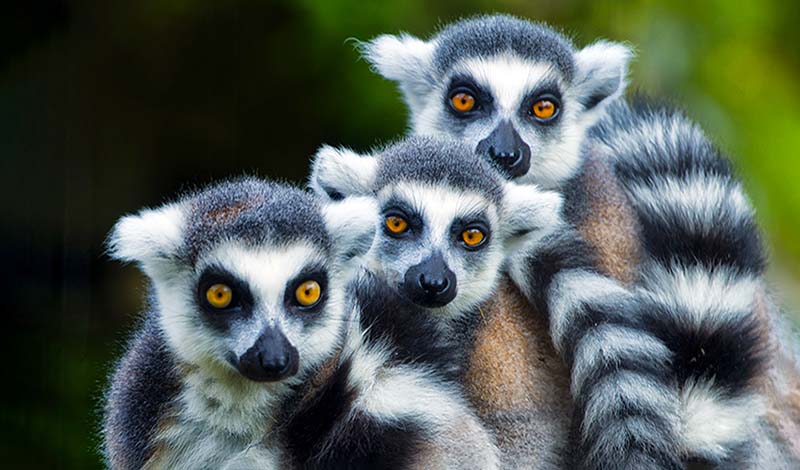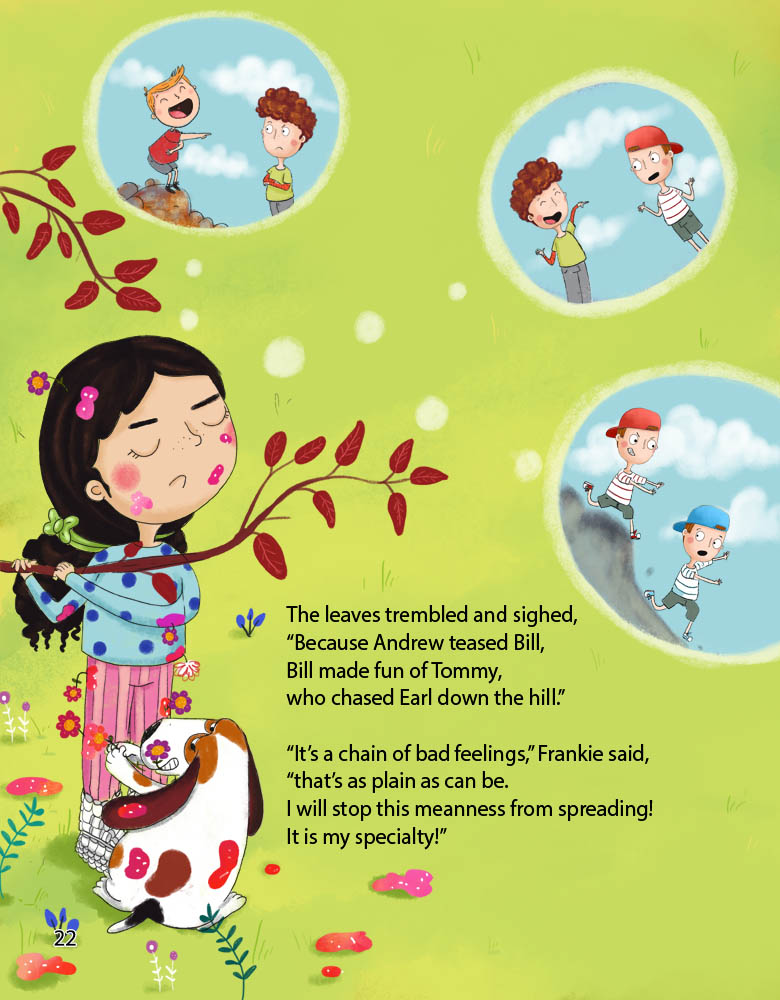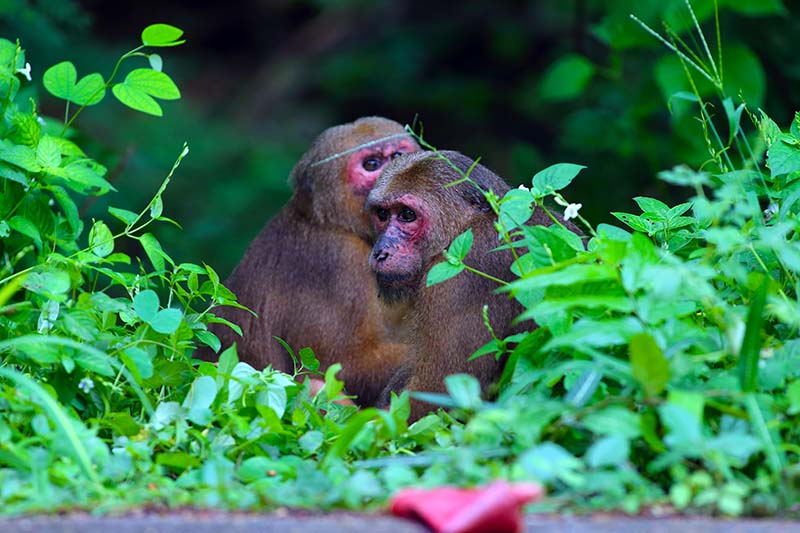2-minute read
One of our favorite things to do here at FWP is to help restore forests that cool the planet, support the lives and livelihoods of people, and provide food and habitat for endangered wildlife. Through our partnership with Tree-Nation, every month, we have new opportunities to contribute to planting projects that minimize biodiversity loss and protect and restore some of the most threatened wild places on Earth—known in science speak as biodiversity hotspots. There are currently 36 recognized hotspots, home to 2 billion people and teeming with plants, animals and other living organisms that support the functioning of ecosystems that we all depend upon for survival.
About 8,716 miles from where we sit in NYC, give or take a few blocks, is the island country of Madagascar, one of the most biodiverse of all hotspots and a critical priority for nature conservation. Approximately 92% of Madagascar’s mammals, 89% of its plant life, and 95% of reptiles don’t exist anywhere else in the natural world.
In addition to some extraordinary creatures you may have never heard of, like tomato frogs, aye-ayes, and fossas, one of the island’s most familiar and iconic animals is the lemur. Of 101 lemur species, 96% are currently at risk of extinction. Not only do lemurs depend on forests, but forests also benefit from lemurs’ seed dispersal that helps to maintain habitats that other rare species rely on for food, cover, and toing and froing. Like other keystone species globally, including bees, sea otters, and manatees, lemurs are the canaries in the coal mine, their presence or absence is a sign of the health of their native ecosystem.
With only 10% of their natural habitat remaining due to deforestation, overharvesting, and climate change impacts, even the most dedicated lemurs would have a hard time dispersing enough seeds to keep rapidly dwindling forests intact. To give the pop-eyed primates a helping hand, we’re contributing to Madagascar’s reforestation with the Eden Projects. Since 2019, Eden has successfully planted over 10 million mangrove and flowering trees with Tree-Nation in northwest Madagascar, benefiting both people and wildlife.
Although you may be surprised to learn that what’s good for lemurs is good for the planet, to quote Madagascar’s native peoples, “the forest has been present since the dawn of time and always will be, because if it disappears, life will also disappear.” We couldn’t agree more. That’s why we pitch in with planet cooling, habitat restoring, and community-supporting tree planting projects in biodiversity hotspots around the globe. Here’s the July update:
FWP Monthly Carbon Capture Report
Our total YTD carbon capture across six projects is 1,332 tons. That’s equivalent to greenhouse gas emissions avoided by 57,936 trash bags of waste recycled instead of landfilled, 50,729 lamps switched to LEDs, or 1,480,884 pounds of coal burned.
Rolling on… doesn’t it seem like it’s about time for a playlist? We think so. Happy high summer!




















































